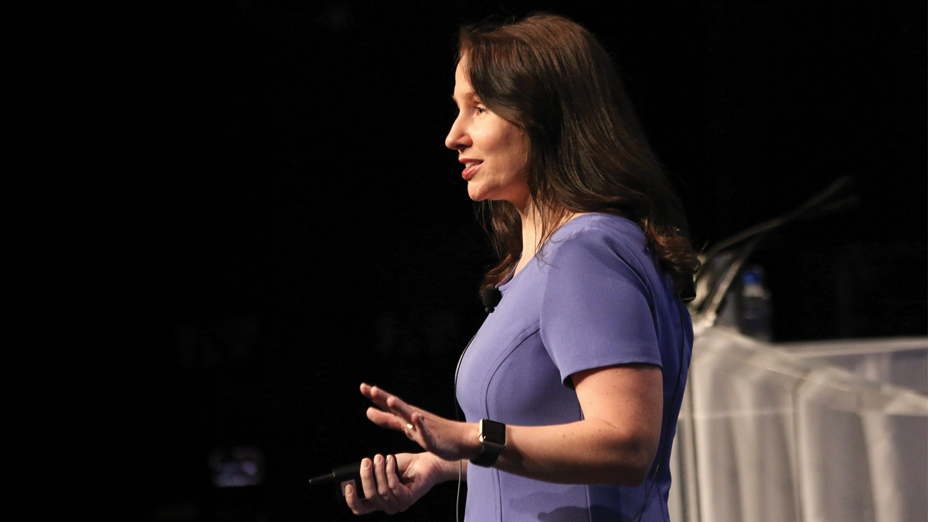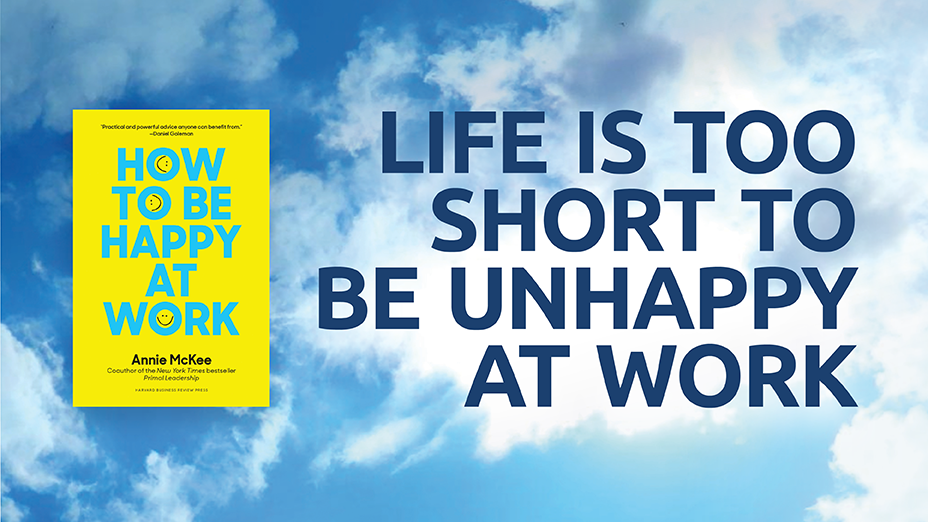Helpers need to feel effective in order to want to support you, to benefit from supporting you, and to sustain that support over time is perhaps the most over- looked factor when it comes to soliciting help. Here are some things you can do to make sure your helpers will know that their help got the job done:
- Be clear up-front about the nature of assistance you want and what its impact will be. Vague, indirect appeals make it difficult for people to imagine how it’s all going to work and whether or not they will have an impact. I have frequently received requests, for example, from people who wanted to “get together over coffee” and “pick my brain about some things.” I say no to these requests literally every time. When I have no idea what you want, or why, or how exactly I might be of help to you, I’m not interested. No one is.
- Follow up afterward. Let them know in advance that you will. It doesn’t feel good to wonder if the time and effort you put into something was worth it. It doesn’t feel good to wonder if the person in need ended up better off or worse. Take the time to let people know the impact they had on you and how things turned out. Letting someone know at the time of the request that you intend to follow up gives them that much more confidence that they will end up feeling effective.
- Allow people to choose how they help you, if possible. Be direct and specific about the kind of help you are looking for. But just as important, be willing to accept alternative offers of help, even if it isn’t what you originally wanted. People will often want some flexibility. After all, helpers want to give the help that is most likely to be effective, something they can actually do, given all the other demands on their time. The other day, a reporter wanted to schedule a call with me for a story on first impressions. The timeline was tight, and I was booked solid with meetings for the next two days. So I offered to answer the questions via email instead, knowing that while not ideal, at least I would be able to help in some way. The reporter ended up with a few usable quotes and was able to turn in the story on time. I ended up feeling good about the help I could give, instead of having to just say no.
Thinking about the effectiveness reinforcement helped me finally understand a classic children’s book by Shel Silverstein: The Giving Tree . I had never really understood that book’s appeal. Here’s a short summary if you have not read it: tree and boy love each other. Over the years, the boy increasingly ignores and neglects the tree, though he does stop by on occasion to ask the tree for her apples, branches, trunk, and so on for his own seemingly selfish reasons, which the tree willingly agrees to give him out of love. In the end, when all that is left of her is a stump, the boy—now an old man—returns to sit on her. At which point—and I’m quoting here—“The tree was happy.” To say the tree gets the short end of the stick here is the understatement of the century.
But seen through the lens of effectiveness, the tree’s happiness makes sense: the tree is pretty darn effective at giving the boy what he asks for. (I still think the boy is awfully selfish, though.)
As a colleague and as a manager of people, helping people see the impact of their work—their help—is one of the most important motivators you can wield.
We’re All in This Together
I’ll be totally honest. I’ve never been good at asking for help. Or, rather, all my life I’ve avoided doing it like the plague. In high school, I refused to ask my mother, who is German , for help on my very challenging German translation assignments. I spent hours in college pouring over library books just to avoid asking the teaching assistant for the answer to a question that would have taken him five minutes to provide. I put myself deeply in debt in graduate school, rather than asking my parents for more support, because I was embarrassed to admit I couldn’t make ends meet. I clean my house before the housekeeper gets here, so she doesn’t have to deal with my mess. The list goes on and on.
Writing this has forced me to realize that my discomfort about seeking help stems from precisely the same mistakes I’ve been telling you not to make. I’ve been terrified someone will say no. I’ve assumed people will think less of me for needing help. And worse, I’ve believed deep down that having to help is awful, and I have no right to ask it of anyone.
People are helpful much more often than not. People don't think less of you for needing help. And helping, with the right reinforcers in place, feels wonderful.
None of that is true. Not one bit of it. The evidence couldn’t be clearer.
People are helpful much more often than not. People don’t think less of you for needing help. And helping, with the right reinforcers in place, feels wonderful. There is no better way to give someone the opportunity to feel good about themselves than to ask them to help you. It brings out the best—and the best feelings—in all of us.





.png)


.jpg)

What Did You Think?